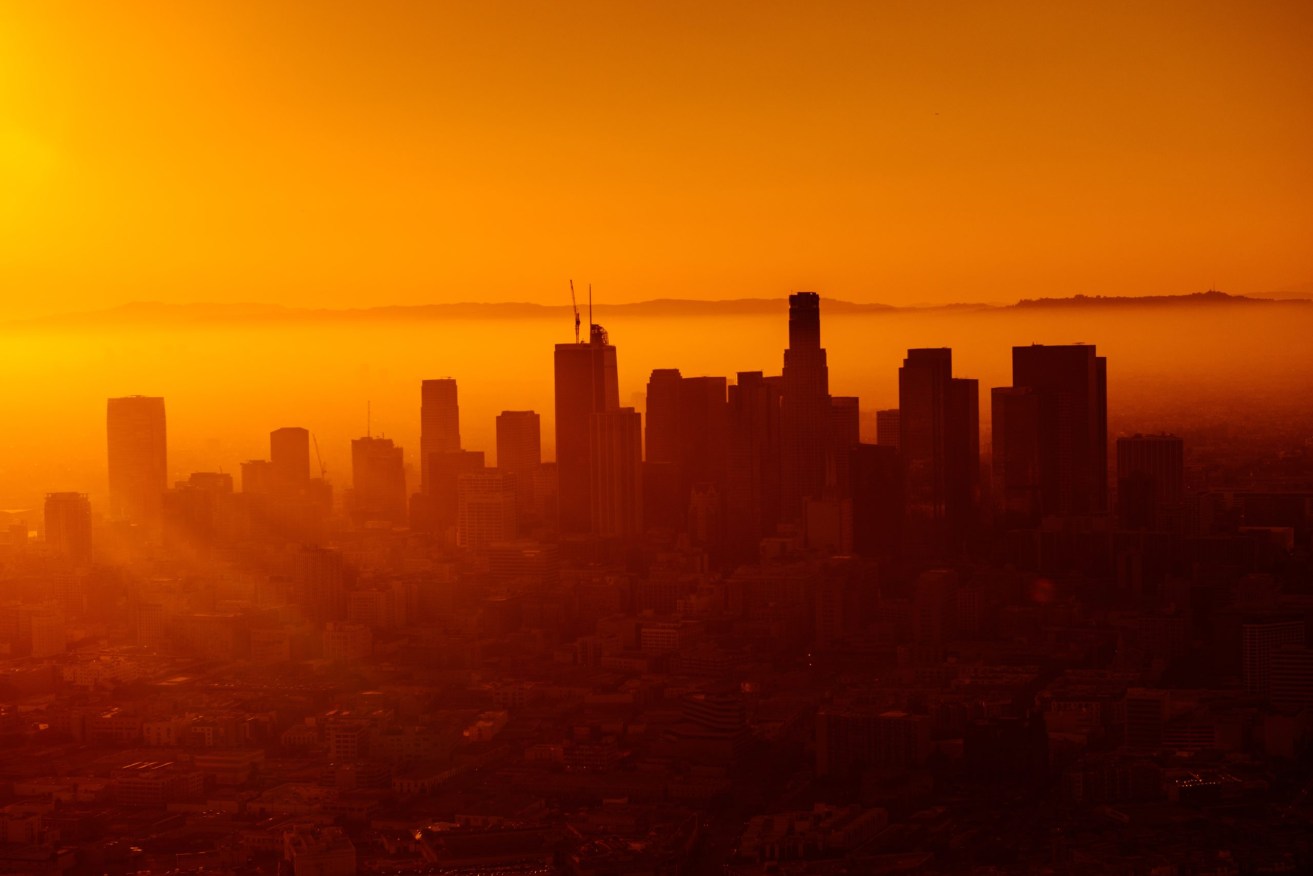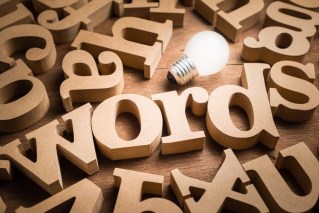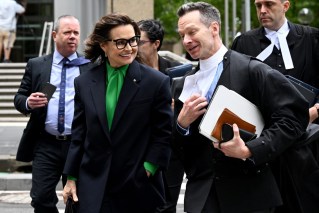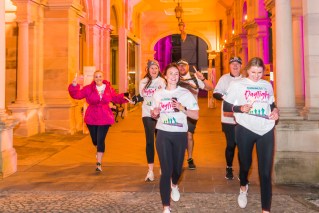Australia has a golden chance to hit the reset button – let’s not waste it
The global pandemic can actually be an agent for positive change in everything from traffic to technology if we grasp the opportunity, writes Shane Rodgers


The coronavirus could mean a new dawn in many ways (Photo: Josh Rose, Unsplash)
There’s an adage that everything is temporary if you give it enough time. Our current challenging social and economic circumstances are no different.
Before too long we will wake up and realise that we can meet people in person again, go back to the office, hop on a plane and take toilet paper for granted. We might even get to see the Rolling Stones one or two more times.
That is something to look forward to, but it would also be a waste of a moment in history if we do not use this time to repair some things that desperately need fixing.
We need to do more than band-aid the economy and fix the carnage. We have a golden opportunity to build something fundamentally better.
Here are a few places to start:
Rebuild pathways for young people
It is well documented that young people fare worst in economic downturns. They had barely recovered from the Global Financial Crisis before the pandemic swooped in and vanquished thousands of their jobs.
Our young people are educating themselves more than any other time in history in a belief that they have a social licence with Australia to reward them with a career at the end of it. For many, this is a less certain outcome than a HECS debt.
We need to reimagine career pathways as a national priority. Otherwise, we will emerge from this crisis as a lesser country that fails to capitalise on its potential and leaves our young people disillusioned and bitter.
Embrace older workers
At the other end of the scale, it is time to stop framing an ageing workforce as a problem. An experienced older workforce is also an opportunity if we approach it creatively. In many occupations people are well and truly capable of working well into their 70s or beyond if they wish. Workplaces might need to change to accommodate that, and now is a good time to assess what that looks like.
Embracing older workers keeps skills in the economy, takes pressure off the welfare system and gives people greater capacity to earn income that drives economic activity. This requires a cultural evolution. The idea of working for 40 years out of an 80+ life and then becoming idle is thinking from a different era.
Kill peak hour
We have all been complaining about peak hour for as long as we can remember. Road demand spikes have put pressure on governments to constantly build larger road systems that are rapidly becoming the dominant features of our urban landscapes. This is unsustainable and inconsistent with human aspirations.
Over the past couple of months most people have embraced video meetings, working from home, variable start times and new forms of networking. This won’t continue at the same level, but it only needs to continue at some level to take the edge off commuter pain.
Staggering and decentralising much of our work would have the dual benefit of giving people valuable time back and buying some space for governments to create different types of cities with more creative approaches to people movement and interconnectivity. If we can social distance surely we can do this.
Recalibrate the climate debate
Before the pandemic, the climate debate had gone to an ugly place. In the left corner were the climate doomsayers predicting imminent Armageddon and labelling anyone who questioned climate science as a dangerous threat to society. In the other corner were the climate sceptics who wanted to pollute at will and preserve the fossil economy as we know it.
Sitting in the passive corner were the “quiet Australians” with a pragmatic view on what was required and a growing disillusionment with the quality of debate and our seeming inability to agree on a national energy policy.
We don’t need to have an environmental cold war. Almost everybody believes that we should have a more sustainable planet as quickly as feasible and it makes sense to progressively reduce toxins going into the air we breathe and our waterways. Why don’t we start there? Done well we can evolve at the right speed into a different economy. And please put the practical people (scientists and engineers) in charge. Emotion and hysteria are not getting us there.
Supporting competitive Australian industries
One of the positive side effects of the pandemic has been the revelation for most Australians that we still have a manufacturing industry, and it is really good at what is does. In fact, the main hallmark of our manufacturing is quality. Those who have survived globalisation have generally done so because they are smart and do things better than their competitors.
There are certain realities about cheap overseas production and that has many advantages for Australia, including in the provision of supply chain products that keep end-products competitive.
However, there is every chance that one of the social forces that emerges from 2020 will be a new sense of quality over quantity. People may well decide to spend a bit more on an Australian product that will last a long time. Governments might also decide to genuinely use their procurement might to support nation-building domestic industries and innovative local enterprise.
International relations
Sadly, an issue that should have united all countries against a common threat has done the total opposite. As Australians we need to ensure the ructions and blame games of international diplomacy don’t destroy our deep-seated people and business relationships.
In particular, our companies are highly intertwined with the Chinese economy and deeply engaged with the people there. The Chinese community in Australia has added much to our cultural depth. Relationships formed through students studying here have created profound connections that create mutual advantage over time.
International positioning and diplomatic ruffles are a fact of life for governments. The rest of us can keep working on mutual understanding and win-win outcomes. Otherwise we will look back in the future and lament the opportunity lost.
Shane Rodgers is the Queensland-based national Chief Operating Officer for Australian Industry Group, a peak membership group for industry and business. He is a former business executive, editor and journalist.













